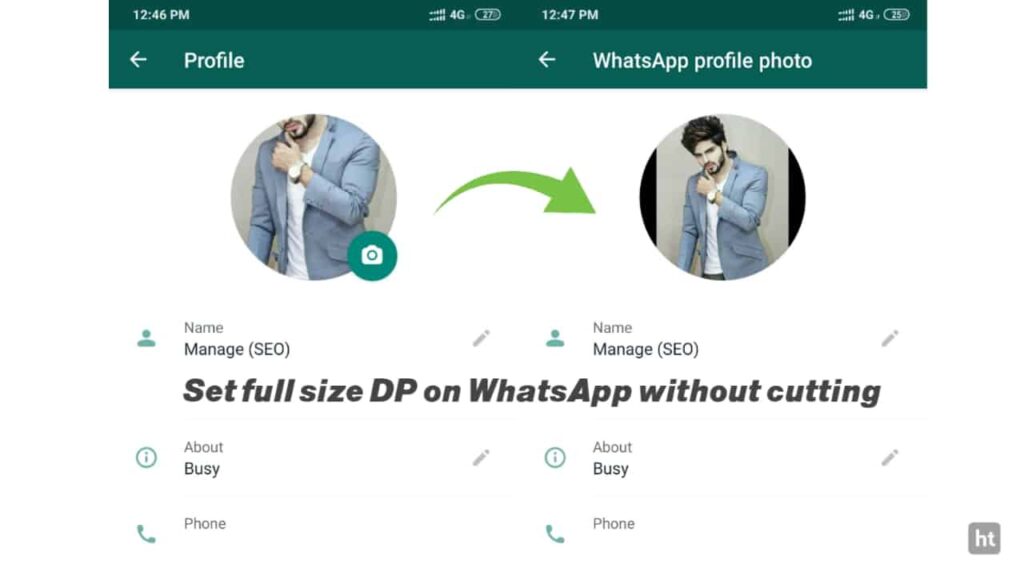- WhatsApp, a popular messaging app, continually works on and introduces new privacy features to enhance the user experience
- The platform, owned by Meta, is nkw reportedly developing a feature to prevent screenshots of profile photos
- When trying to capture a screenshot of a profile picture, users will now be met with a notification blocking the action
Popular messaging app, WhatsApp keeps on working and introducing new privacy features for a better user experience.

The Meta-owned platform is now reportedly working on a feature to block screenshots of profile photos.
As reported by WABetaInfo, WhatsApp has started rolling out the ability to block screenshots of profile photos for Android beta testers.
Users can install the update version 2.24.4.25 to access the feature.
The report suggests, when trying to capture a screenshot of a profile picture, users are now met with a notification blocking the action.
This fresh addition serves to enhance privacy protection, thwarting the unauthorised sharing of profile pictures without the owner’s consent—a loophole that existed before.
It’s important to recognise that users can still resort to taking photos with secondary devices or cameras to capture profile pictures.
Nonetheless, by disabling direct screenshot functionality within the app, WhatsApp aims to deter casual and unauthorised sharing of profile photos, underlining the importance of user privacy and consent.
“By allowing users to block screenshots of their profile photos, WhatsApp gives users more control over their privacy and ensures that their images aren’t shared or stored without permission,” mentions the report.
WhatsApp launches helpline to protect users from deepfakes and more
In a related development, WhatsApp parent Meta introduced a dedicated fact-checking helpline on WhatsApp.
The objective of this initiative is to address the issue of deepfakes, which are artificial intelligence-generated media designed to mislead the public on significant matters.
Scheduled for launch in March 2024, the helpline will provide access to verified and trustworthy information, aiming to counter the effects of deceptive content.

